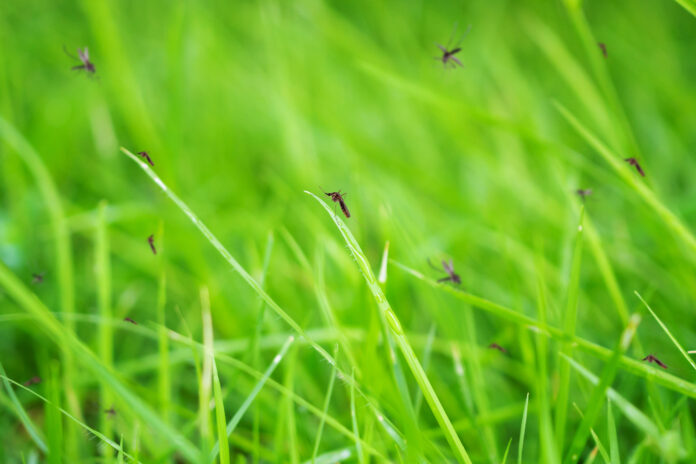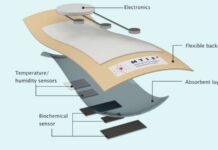A two-year study reports on the emergence of rare and potentially dangerous mosquito-borne viruses in the Florida Everglades.
Located in the southern region of Florida state, the Everglades is one of the largest tropical wetlands in the world. The presence of several ecosystems within the region is a source of great interest for scientists. However, not much is known about the mosquito species in the region or the viruses they carry. Recently, a team of researchers led by the Yale School of Public Health conducted a two-year study of mosquito-borne viruses in the region. They published their results in the journal PLOS ONE.
The Florida Everglades is home to more than 7 billion mosquitoes. However, these mosquitoes carry several pathogens that can cause diseases in humans. Thus, raising concerns of future public health challenges.
It is surprising that mosquitoes have received so little attention in the Everglades restoration effort, considering their abundance and important natural role in the Everglades ecosystem.
Durland Fish, lead author
The team collected mosquitoes from a total of 105 study sites spread across one million acres in the Everglades. They identified several rare mosquito-borne viruses within a third of the study sites. Moreover, there was an increase in viruses when the water level was high in the wetland.
Climate Change and Health Challenges
The changing climate and increasing urbanization have caused significant habitat loss in the Florida Everglades. As a result, the region has received attention from several conservation groups. Study authors believe that the rising sea levels will increase the prevalence of mosquito-borne viruses in the region. However, additional studies are needed to further assess the effects of environmental changes and their threat to public health.
The presence of these viruses is something that needs to be studied so we know what it means for public health.
Durland Fish, lead author
Mosquitoes are a natural part of the wetlands and tropical areas. However, the gradual increase in the incidence of mosquito-borne diseases has many scientists worried. Recently, scientists released genetically modified mosquitoes in locations across the Florida Keys. They aim to reduce the population of Aedes aegypti, a mosquito species that causes dengue, chikungunya, yellow fever and many other diseases. The experimental study is one of many steps scientists are taking to control the spread of deadly diseases among people.
Reference:
Fish D, Tesh RB, Guzman H, Travassos da Rosa APA, Balta V, Underwood J, et al. (2021) Emergence potential of mosquito-borne arboviruses from the Florida Everglades. PLOS ONE 16(11): e0259419. https://doi.org/10.1371/journal.pone.0259419




